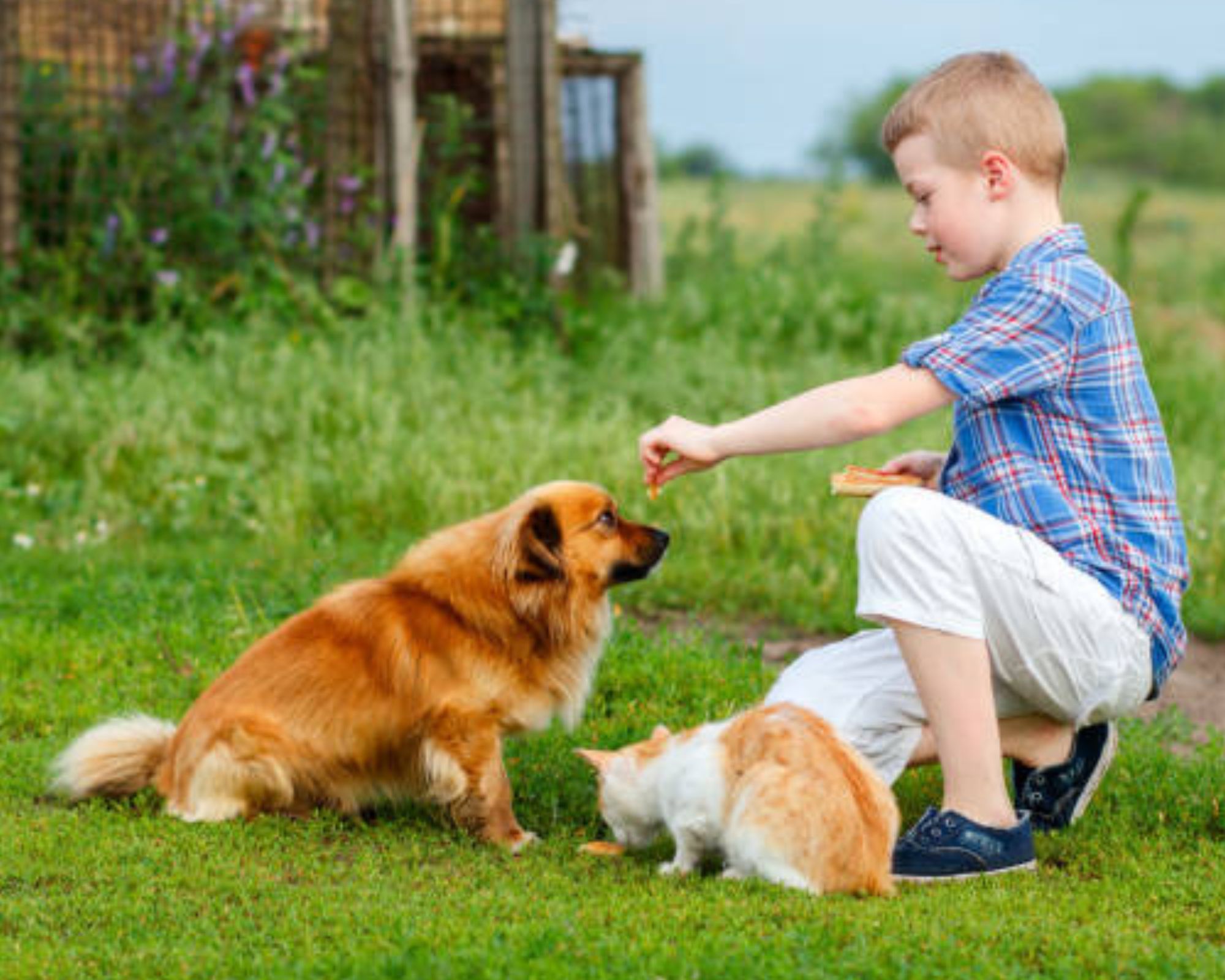Introduction:
Raising animals can be a rewarding and fulfilling experience, whether you’re a hobbyist or considering it as a sustainable livelihood. However, it requires careful planning, dedication, and knowledge to ensure the well-being of the animals under your care. In this article, we will provide you with a comprehensive guide on how to raise animals, covering important aspects from selection and housing to nutrition and health care.
I. Selecting the Right Animals
- Research and Assess Your Needs: Determine the purpose of raising animals (e.g., pets, meat, dairy, or wool) and evaluate the resources available to you (land, time, and budget).
- Study Breeds and Species: Understand the characteristics, requirements, and suitability of various breeds and species based on your goals, climate, and available space.
- Consider Local Regulations: Investigate any legal restrictions or permits required for raising specific animals in your area.
II. Creating Suitable Housing and Facilities
- Design and Size: Construct or modify animal shelters, pens, or enclosures to accommodate the specific needs of your animals. Consider ventilation, lighting, and temperature control.
- Security and Safety: Implement proper fencing, gates, and locks to prevent escapes and protect your animals from predators or harmful elements.
- Bedding and Cleaning: Provide clean and comfortable bedding, and establish a regular cleaning routine to maintain hygiene and prevent disease outbreaks.
III. Providing Adequate Nutrition
- Balanced Diet: Research the nutritional needs of your chosen animals and develop a feeding plan that includes a variety of appropriate food sources.
- Feed Quality: Ensure that the feed you provide is fresh, clean, and free from contaminants. Consider options such as commercial feeds, forage, and supplements.
- Feeding Schedule: Establish a regular feeding schedule to promote healthy digestion and prevent overfeeding or undernourishment.
- Water Supply: Ensure a constant and clean water supply for your animals, with suitable containers or automatic waterers.
IV. Health Care and Disease Prevention
- Veterinary Care: Establish a relationship with a veterinarian specializing in the health and care of the animals you are raising. Schedule regular check-ups and seek professional advice when needed.
- Vaccinations and Deworming: Follow a proper vaccination schedule recommended by your veterinarian. Implement deworming protocols to prevent internal parasites.
- Biosecurity Measures: Implement strict biosecurity practices to prevent the introduction and spread of diseases. Limit exposure to outsiders, quarantine new animals, and maintain proper hygiene.
- Observing Animal Behavior: Regularly observe your animals for signs of illness or distress, such as changes in appetite, behavior, or physical appearance.
V. Breeding and Reproduction (if applicable)
- Studying Reproductive Processes: Learn about the reproductive cycles, mating behaviors, and gestation periods of the animals you plan to breed.
- Genetic Considerations: Understand the importance of selecting healthy breeding stock and avoiding inbreeding to maintain genetic diversity and reduce the risk of inherited diseases.
- Proper Maternity Care: Prepare appropriate birthing areas, nesting materials, and postnatal care to ensure the well-being of both the mother and offspring.
Personally experience:
I have personally experienced raising animals.it is very important to take good care of them. First of all, it is important to take special care of their living, eating, and drinking. Apart from the animals, I have also kept many birds which I will mention shortly. How I nurture them and take care of their cleanliness etc.
I have two dogs, two parrots, many pigeons, and many hens and chickens that I am raising. I have to arrange food for them in the morning, afternoon, and evening. for all of these animals and birds, I have made separate departments for their living. TWOnce a day I have to clean their departments.
When these children give, I have to take care of their children too. They have to be kept warm in winter and cooled in summer. One of the advantages of raising them is that the person stays busy. They have to be vaccinated once a month. I take great pleasure in raising them and taking care of them.
Conclusion:
Raising animals requires a combination of knowledge, preparation, and dedication. By considering the factors mentioned above, you can create a conducive environment for your animals, provide proper nutrition, maintain their health, and, if desired, engage in responsible breeding practices. Remember that every animal is unique, so continuous learning and adaptation to their specific needs are crucial for their well-being and your success as an animal raiser.
